Below are some details of the VB2023 posters.
|
|
Ten recommendations to turn the tide on scamsJorij Abraham
|
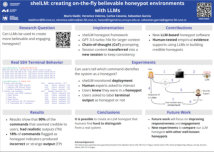 |
shelLM: creating on-the-fly believable honeypot environments with LLMsMuris Sladić, Veronica Valeros, Carlos Catania, Sebastian Garcia
|
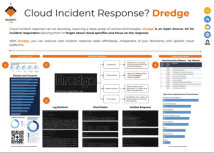 |
Cloud incident response? DredgeSantiago Abastante
|
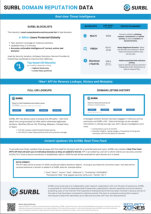 |
Innovations from SURBL Domain Reputation: New Sublists and APIArnie Bjorklund & Brooke Bjorklund
|
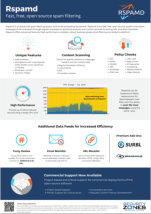 |
Rspamd Open-Source Spam FilteringArnie Bjorklund & Brooke Bjorklund
|
You may have heard of poster sessions – they are common at academic/scientific conferences and are a great way to engage with your peers, share ideas, get feedback, and learn, all in an informal setting. A poster session is a room in which multiple presenters stand next to posters that outline their topic in brief. Delegates wander around the room reading the posters and stopping to talk to the presenters when they have questions or want more information - each presenter being ready to elaborate on their poster with a brief (less than 5 minutes) explanation.
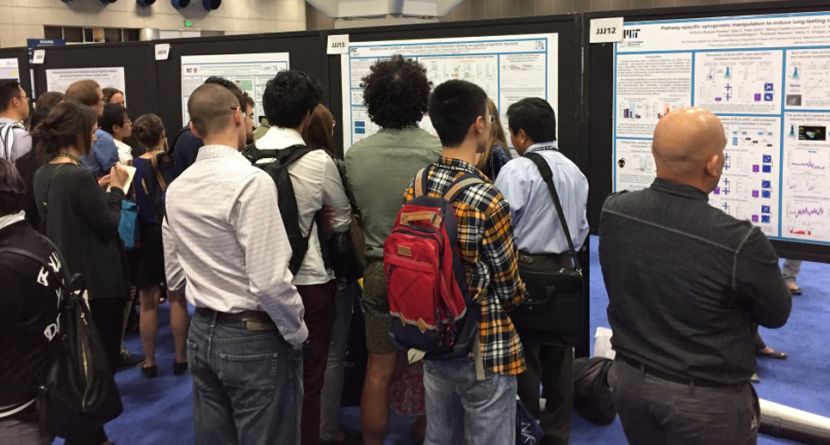 Source: Scientifica
Source: Scientifica